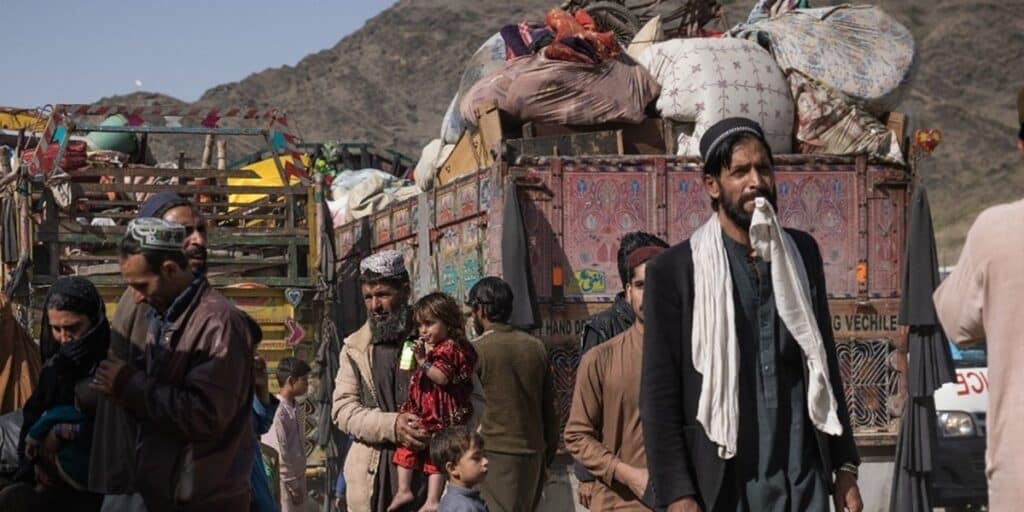The Afghan Ministry of Refugees and Repatriation has signed a memorandum of understanding (MoU) with a local aid agency to assist returnees, displaced populations, and impoverished families — but analysts warn the move may prove too little, too late as Afghanistan’s fragile socio-economic fabric continues to deteriorate under Taliban rule.
According to the ministry, over 952,000 U.S. dollars will be allocated to benefit 210,140 individuals through the distribution of food and limited public utility projects across 17 provinces. However, the lack of a comprehensive reintegration strategy or sustainable economic opportunities for these returnees is raising alarm bells — both domestically and internationally.
Security experts caution that if the interim government fails to create jobs, invest in human development, and engage returnees in meaningful socio-economic activities, many may become vulnerable to recruitment by militant groups. Afghanistan, already grappling with a resurgence of extremist elements such as ISIS-K and other insurgent factions, could see a rise in instability if unemployed and disillusioned returnees are left without options.
“The failure to integrate returnees into the mainstream economy or society is a ticking time bomb,” said a Kabul-based political analyst. “Militant groups are known to exploit poverty and hopelessness — and the current government’s reactive and short-term policies are only deepening the risk.”
The international community is also increasingly concerned. Humanitarian agencies and diplomatic missions have repeatedly stressed the need for long-term development plans, transparent governance, and community-level engagement to prevent radicalization and ensure peace. However, Afghanistan’s isolation on the global stage, coupled with the Taliban’s rigid policies and lack of institutional capacity, has severely undermined such efforts.
Despite its calls for investment, the Taliban-led government has failed to offer credible guarantees for security, rights, or private sector growth — key prerequisites for any sustainable development or job creation.
In the absence of effective governance and a secure environment for business and civil society, millions of Afghans, including recent returnees, remain at the mercy of chaos and coercion. Without urgent intervention, the country may witness yet another cycle of violence — this time, fueled by internal displacement, economic despair, and state neglect.





